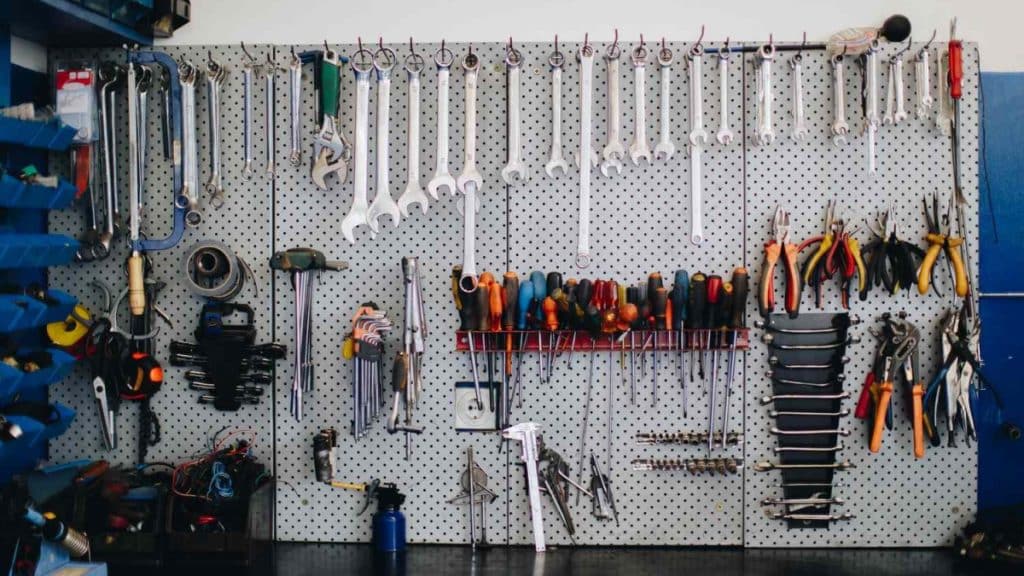For any serious wannabe handy people, having a well-equipped workshop is essential for DIY projects, home repairs, professional work, and more. Regardless if you’re working on building furniture, piecing together a car, or tackling a new project, having the right tools and equipment will have a major impact on your efficiency, safety, and work quality. For every workshop, there are certain tools and equipment everyone must have.
Basic Hand Tools
Every good workshop needs the basics— the hand tools. These tools play a crucial role in activities like tightening screws, cutting, or measuring. Some of the most common hand tools include:
- Screwdrivers: A variety of flathead and Phillips screwdrivers are essential for putting things together or taking them apart.
- Pliers: Muscles for gripping, twisting, bending, or cutting wire and other materials.
- Utility Knives: Ideal for slicing through cardboard, plastic, or other materials where a precision cut is required.
- Measuring Tape: A tool for cutting and measuring properly.
- Hammers: You need several different types of hammers, be it for general carpentry or something delicate such as a mallet, you need hammers.
Power Tools
Once you’ve got your basic hand tools sorted, it’s time to add power tools to tackle the heftier projects. Power tools provide efficiency, minimizing energy and time. Here are some essential power tools every workshop has to have:
- Cordless Drill: A very flexible tool to have, the cordless drill can do anything from drilling holes, driving screws, and even sanding with the appropriate tip.
- Circular Saw: A circular saw is an essential saw for larger projects.
- Jigsaw: A jigsaw is great for making detailed, curved cuts, an ideal tool for woodworkers and DIYers.
- Angle Grinder: This is used for grinding, cutting and polishing of metal and other materials.
Lighting
Every workshop needs its proper lighting. Safety and accuracy suffer without good visibility. Corded work lights are one of the most effective ways to illuminate your workspace. These lights give off bright, even light without the hassle of changing batteries. They can be readily swept around the workshop and aimed where light is most needed.
Safety Equipment
Your priority should be your safety. Make sure that your workshop has the following safety equipment:
- Personal Protective Equipment: Use protective eyewear to protect the eyes from dust, debris, or flying sparks.
- Gloves: Use these to prevent injury and irritation while working with tools or materials.
- Ear Protection: Power tools can generate a lot of noise, so you’ll need earplugs or earmuffs to protect your hearing.
- First-Aid Kit: Have a well-stocked first-aid kit on hand to deal with minor injuries promptly.
Storage Solutions
Maintaining tools is an essential practice to ensure the efficiency of your work. It is easy to misplace tools or get distracted with a cluttered workspace. Here are some storage solutions to consider:
- Toolboxes and Tool Chests: Keep your small hand tools organized and easy to get to.
- Shelving Units: Put in shelves to hold larger tools or materials and supplies.
- Pegboards: A pegboard can hang up tools like wrenches and screwdrivers for a quick grab.
Every hands-on tinkerer needs an equipped workshop. With the right tools at your disposal, ranging from basic hand tools to power tools, to the right lighting (such as corded work lights), you’ll be suitably equipped to successfully and efficiently finish those projects. You’ll also want to invest in the right storage solutions and safety equipment to keep your workspace organized and safe as well. Armed with these tools you can approach any project with confidence
